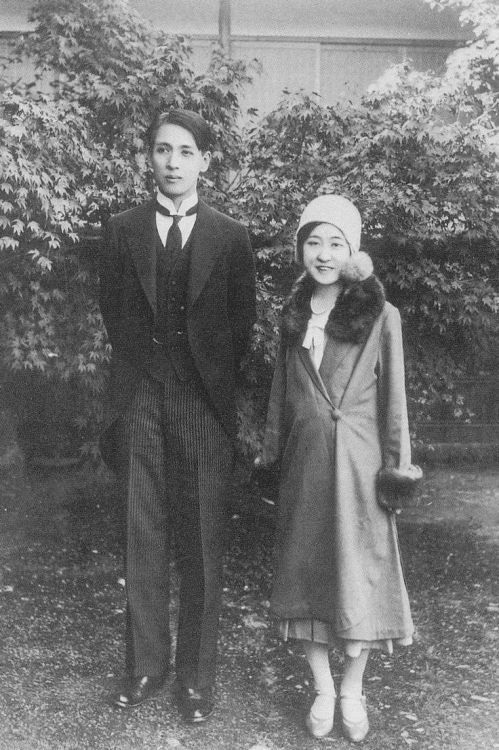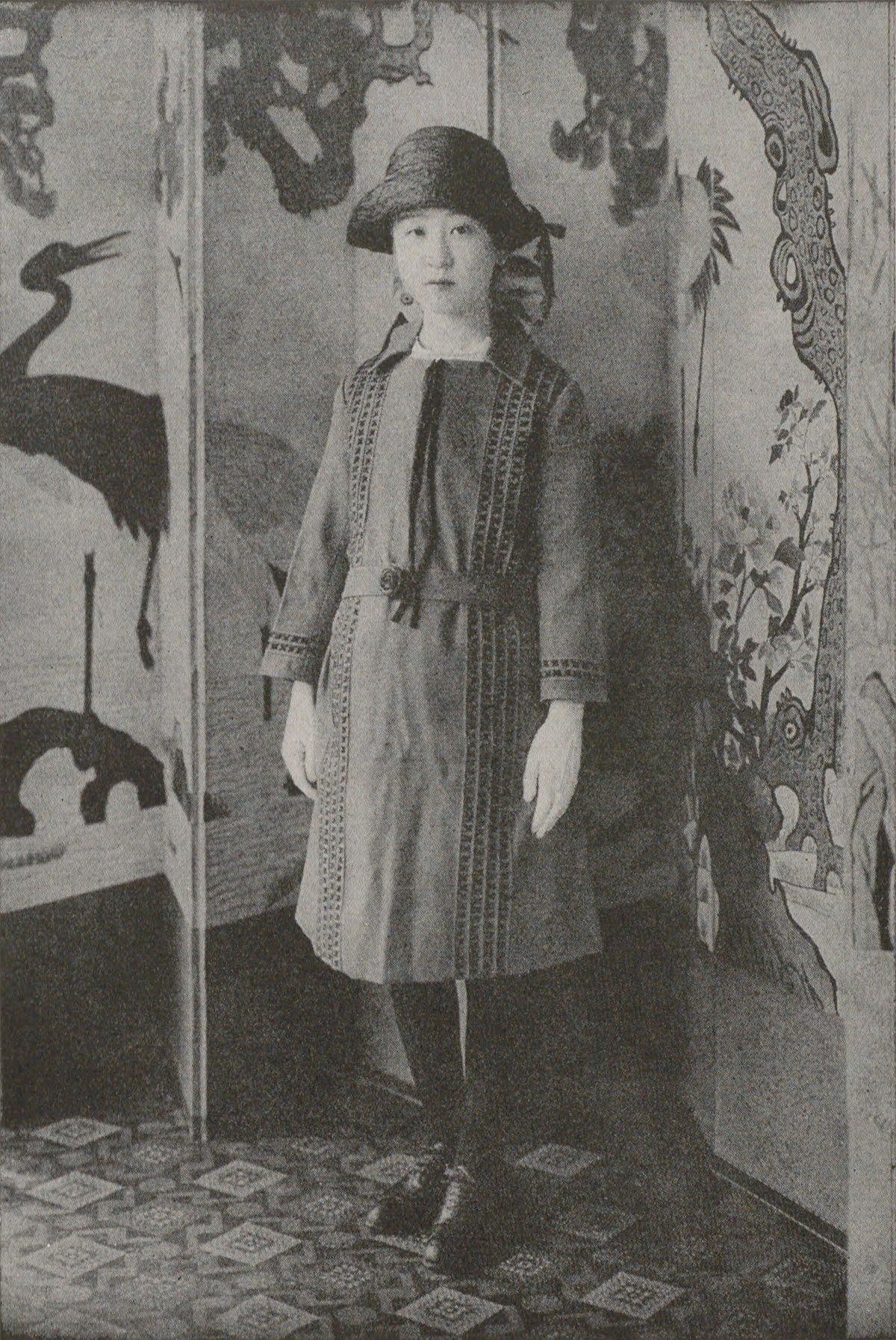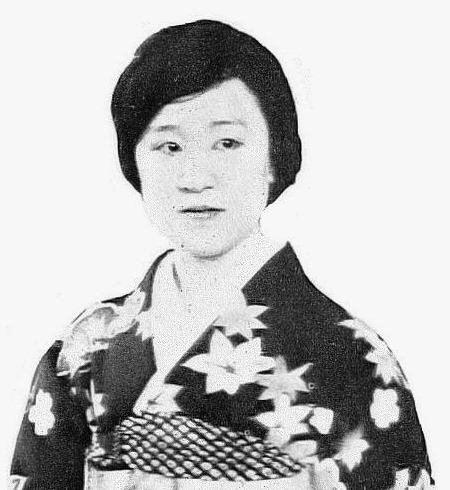The Last Princess
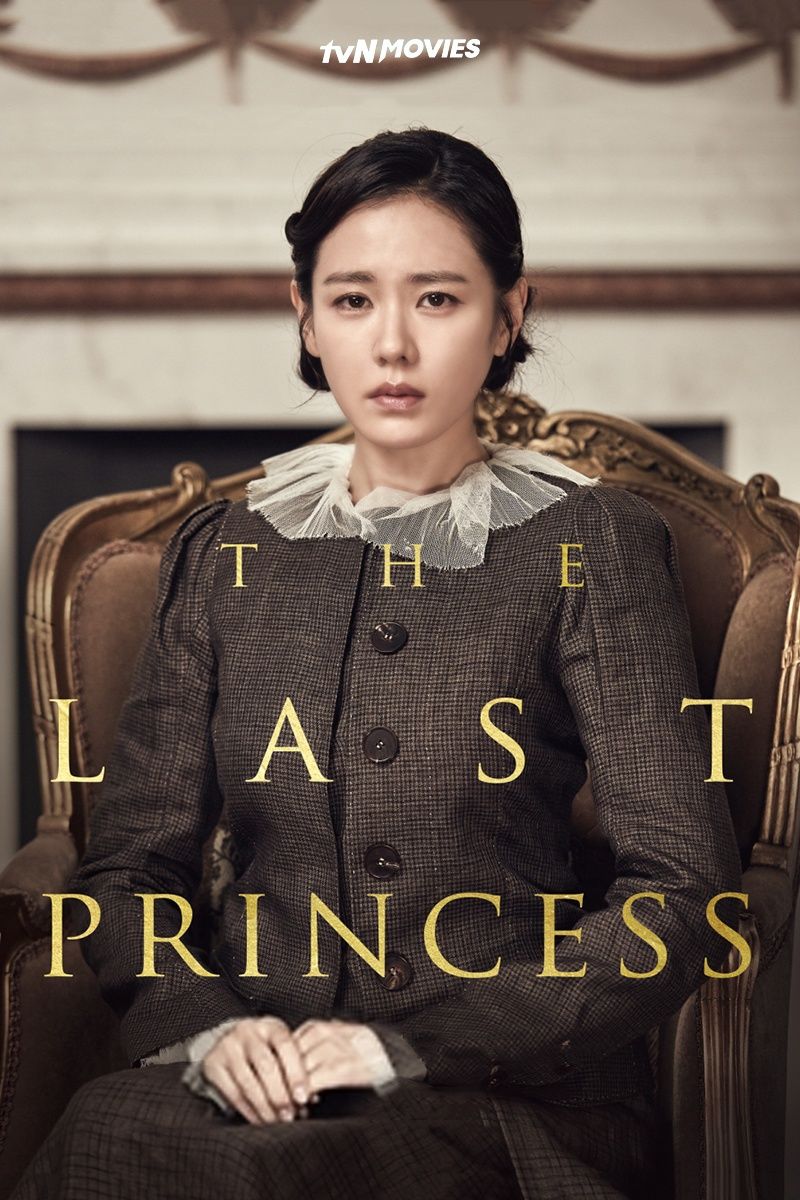
Director: Hur Jin-ho
Year: 2016
Rating: 6.0
Country: Korea
This quite effective
period film takes on the life of a historical figure, Princess Deokhye, the
last member of the Royal Joseon family when she passed away in 1989. At the
beginning of the film, there is a note saying the filmmakers took some liberties
with history. Don't they always. After watching the film, I read about the
Princess and the film stays within the bounds of reality but certainly did
some finagling by merging two characters and adding a few episodes in the
life that I am not sure if they are true - at least what I read did not mention
them. This is based on a book about her life by Kwon Bi-young. It is tragic
for the most part though in some ways her life was even more depressing and
glum than the film.
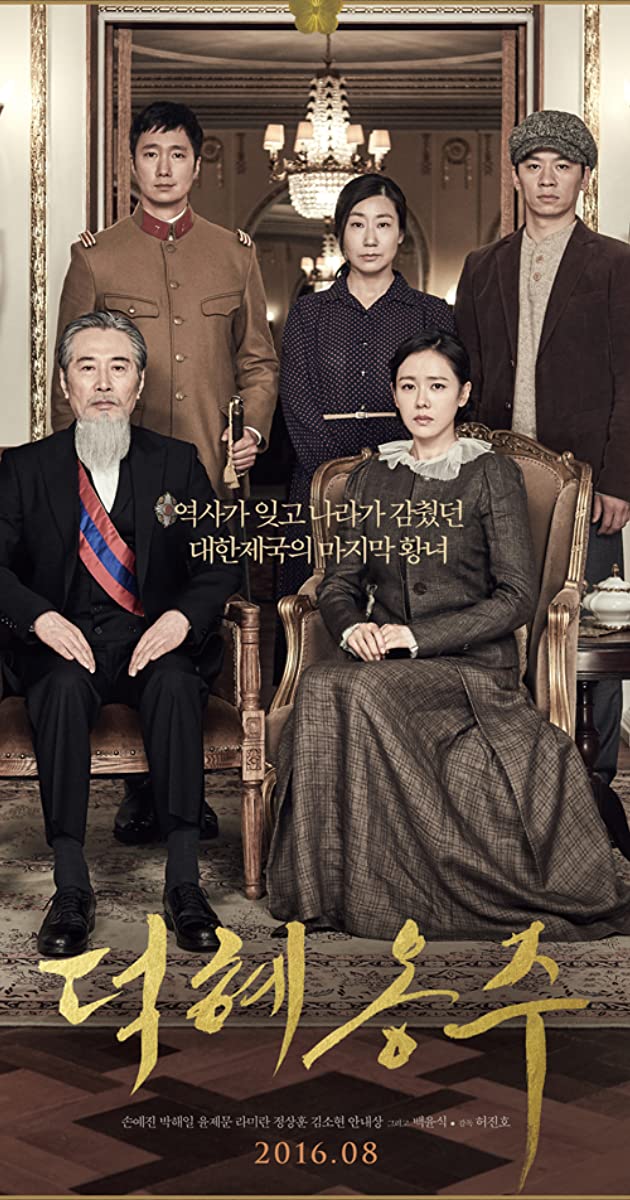
It is directed by Hur Jin-ho, who is famous
for his personal dramas such as in the wonderful tear inducing Christmas
in August, One Fine Spring Day and April Snow (which featured the same actress
as in this film). This is not an intimate film - the canvass and the historical
events are too big and the main character is a Princess, which puts her in
a different class. Hur tells a reverential tale of her sacrifice. And a patriotic
one. There have been a lot of those being made in Korea over this past decade.
While it feels a bit cheesy in America now to make a patriotic film without
a note of cynicism, the Koreans lap it up. Much of it is aimed at the Japanese
for their occupation of Korea from 1905 to 1945. This film covers much of
that period and the Japanese as one expects don't come out looking very good,
but interestingly it also focuses on the many Korean collaborators. The main
villain of this piece is one who after the war is over goes home to become
part of the Government while the Princess languishes in Japan.
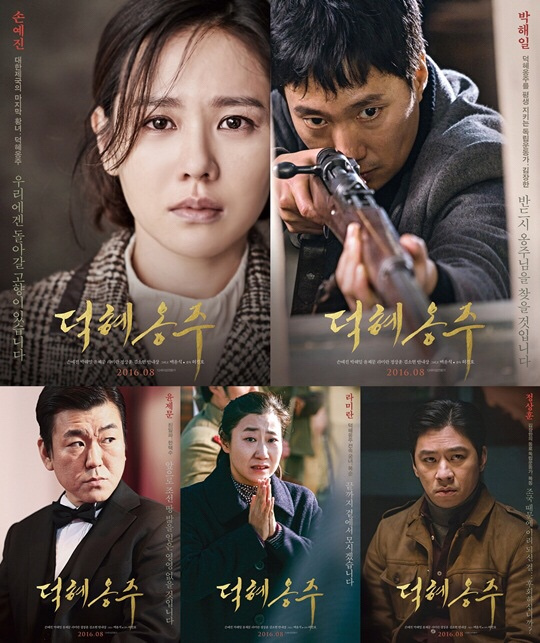
Let's go back to the beginning. The film
is told in two strands - the life of the Princess - and a Korean newspaper
man who goes in search of her in the early 1960's when she was all but forgotten
by Korea. Deok-hye was the daughter of the King Gojong (ruled from 1863 -
1907) and a royal consort. The Japanese take over in 1905 and very likely
poisoned the King and then removed the rest of the Royal family- including
the Princess - to Japan. She had been promised in marriage to Kim Jang-han
but that all falls apart after the King is dead - but Kim (Park Hae-Il -
in loads of terrific films) turns up in Japan as part of the Japanese Imperial
army - but in truth is working for the Korean underground. Another aspect
of the film is all the slave labor that was brought from Korea to work in
Japan. At the end of the war many went home but many stayed and still live
in Japan and after all these years there is still a stigma against them.
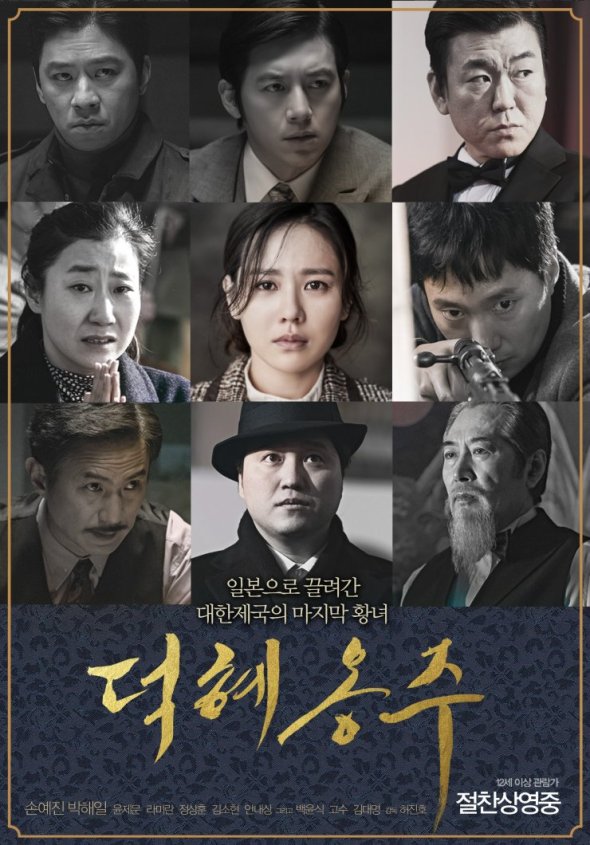
The director was able to make a stone cry
in some of his earlier films and he hits some emotional wallops here as life
gets very painful for the Princess - and then at the end of the war she is
not allowed to return because the government did not want any royalty to
return and perhaps try and claim authority. It isn't till 1961 when the reporter
looks for her and then gets permission to bring her back. In the film this
is Kim Jang-han loyal to the Princess to the end in order to add some pathos
but in reality it was someone else. The scene of her return at the airport
- which is accurate to fact - now a broken old lady - is a killer.
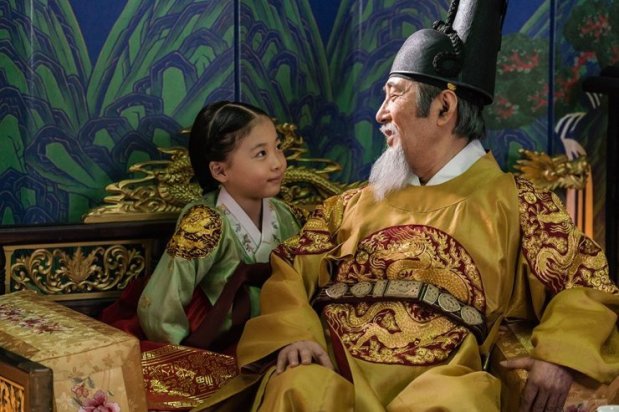
Beautifully shot, wonderful sets and interior
decorations and costumes - but it is the understated performance of Son Ye-jin
as the Princess that makes the film work and gives it the emotional ballast
that it needs - or otherwise it would just be too cold or too overwrought.
She hits a perfect tone here - royal yet understanding of where her life
was and what she had to do to survive. The film is a bit stiff as historical
films about a nearly sainted character can be - it lacks any humor - has
a tinge of Korean period TV dramas to it - the good Koreans are very good
and the collaborators are downright rotten. But 45 years pass in two hours
and it is very interesting period in history but depressing at the same time.






